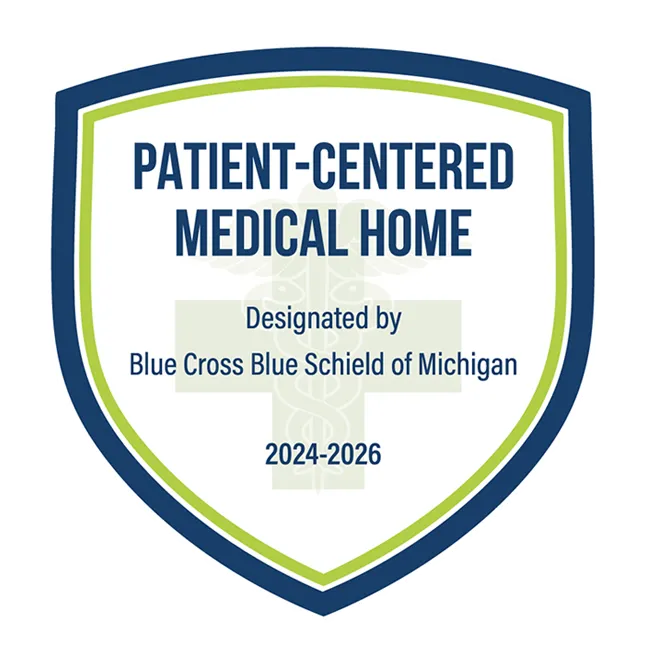According to a national health survey, over 20% of Americans have metabolic syndrome. This condition is usually common in older individuals, affecting over
40% of the population in their 60s and 70s. If left untreated, it can lead to serious life-threatening diseases, strokes, and more.
What Is Metabolic Syndrome?
A group of five conditions, such as high blood sugar, low HDL, and high blood pressure, often leading to heart conditions, strokes, and other life-threatening diseases, are commonly known as metabolic syndrome. Although there are no well-determined reasons for what causes metabolic syndrome, it has been traced to people with a family history of diabetes mellitus, obesity, and inactivity.
Who Typically Has Metabolic Syndrome?
Despite being more common in older people, the following factors can also put you at risk for metabolic
disease:
- Having central obesity, i.e., increased fat in the abdomen and/or around the waist.
- Suffering from insulin resistance or other clinical conditions like acanthosis nigricans, which causes skin changes (darkened skin on the underarms and back of the neck) and skin tags (on the neck).
- Being diagnosed with diabetes mellitus or those with a family history of the condition.
Signs, Symptoms, and Complications
Metabolic syndrome does not always have very clear indications or symptoms. However, one prominent sign is a large waistline. People with metabolic syndrome usually have central obesity. Additionally, you may exhibit high blood sugar symptoms like heightened thirst, increased urge for urination (especially at night), tiredness, and hazy vision, if you have diabetes.Metabolic syndrome, if left unchecked, can lead to critical health risks like heart diseases, diabetes, and stroke. If you have type-2 diabetes or are experiencing any other risk factors, you should check yourself regularly.Also read:
How to Prevent Unwanted Weight Gain From MenopauseCauses
So far, metabolic syndrome has been recorded to have been caused by obesity and inactivity. It has also often been associated with conditions like insulin resistance. Ideally, the digestive system breaks down the food into glucose, which is later used by cells as fuel. The insulin produced by the pancreas assists the glucose in entering the cells and regulating blood sugar levels. For patients with insulin resistance, glucose cannot enter the cells that do not recognize the insulin. This leads to a sharp rise in the blood sugar level even though the body produces more insulin to control it.Also read:
Ways to Reduce Your Risk of Future Pancreatitis AttacksRisk Factors
The common risk factors include:- High Triglycerides Cholesterol – Having cholesterol levels of 150 mg/dL or even higher
- Low Good Cholesterol (HDL) – If the HDL level drops down to 40 mg/dL or lower in men, and 50 mg/dL or lower in women
- High Fasting Glucose Level – Having extremely high fasting glucose level at 100 mg/dL or more
- High Blood Pressure – If your blood pressure levels are 130/85 or higher
Also read:
Essential Facts Everyone With High Blood Pressure Should KnowAlthough metabolic syndrome causes various metabolic disorders and can lead to cardiovascular diseases, there is no need to be worried. If you are suffering from metabolic syndrome, modern healthcare solutions can help you successfully overcome or manage the disease.If you or your loved ones are suffering from one or more symptoms of metabolic syndrome, visit us at
MI Express Primary Care for an appointment before it leads to any further complications. Our
primary care physician can successfully treat various metabolic syndromes before they get worse.







